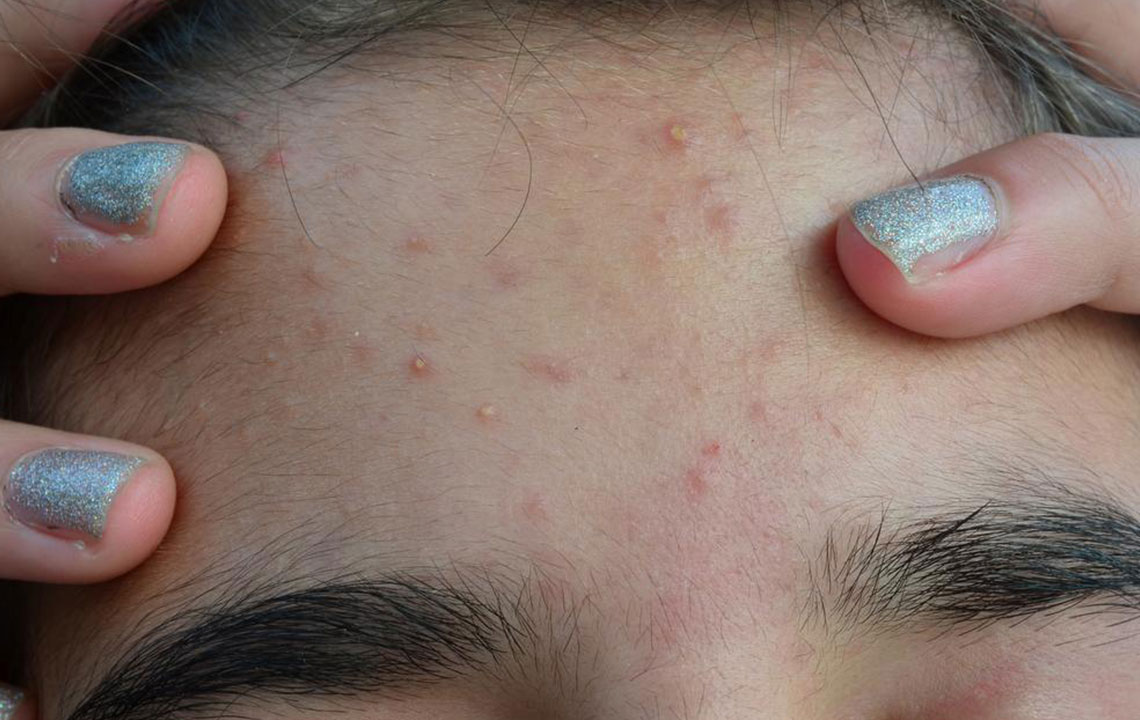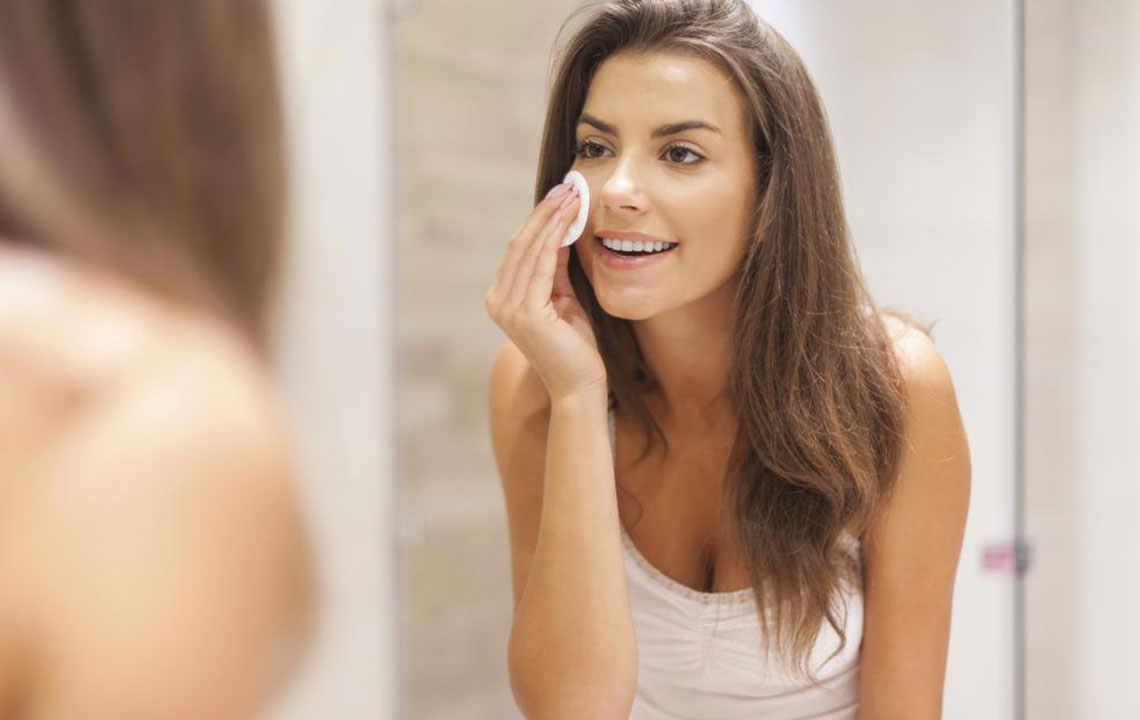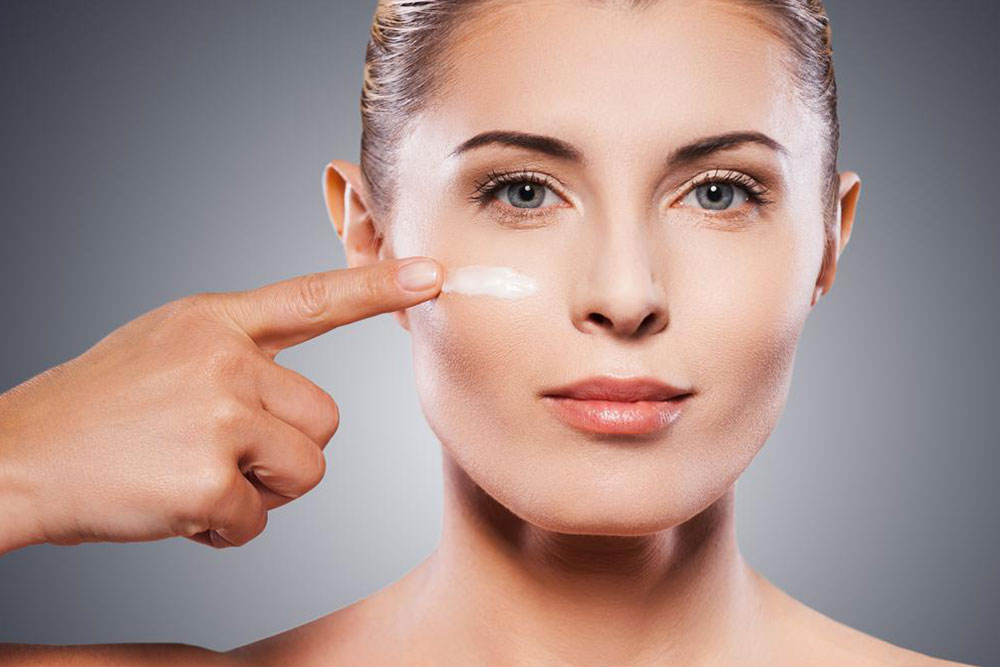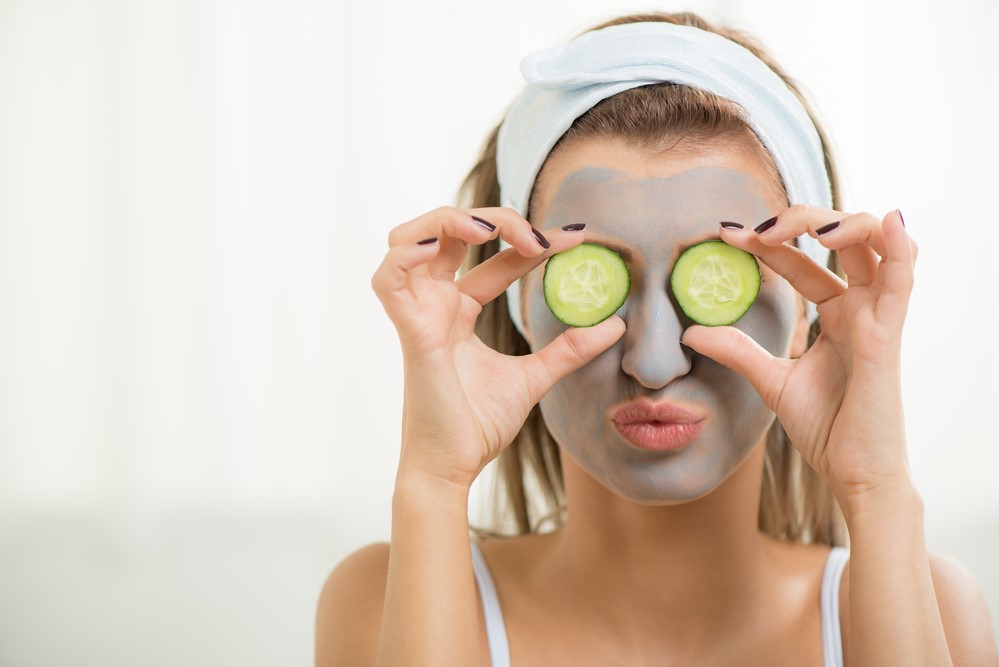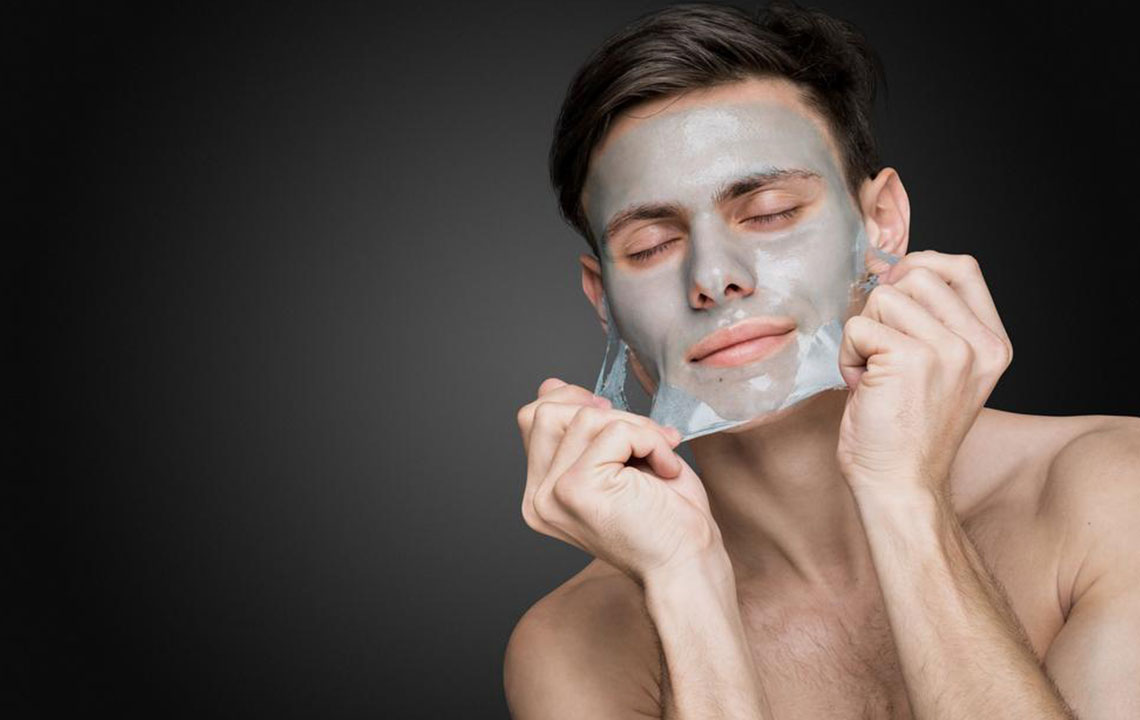Comprehensive Guide to Clear Skin: Top Acne Remedies and Prevention Strategies
Discover effective acne remedies and prevention strategies to achieve clear, healthy skin. Learn about proven treatments, skincare routines, lifestyle tips, and professional options to combat acne and maintain skin health for the long term.

Comprehensive Guide to Clear Skin: Top Acne Remedies and Prevention Strategies
Achieving healthy, blemish-free skin is a common goal for many individuals dealing with acne, especially during adolescence. Acne, characterized by pimples, blackheads, whiteheads, and cysts, can be both physically uncomfortable and emotionally distressing. It often results from complex factors such as hormonal imbalances, excess oil production, clogged pores, and bacterial growth. Despite the lack of a universal cure, numerous effective methods exist to manage and reduce acne’s appearance. Understanding how to prevent breakouts using proven remedies and lifestyle changes can significantly improve skin health and boost confidence.
While completely eliminating acne is challenging, utilizing targeted treatments and adopting proper skincare routines can make a noticeable difference. Various approaches, from over-the-counter remedies to professional dermatologist interventions, are available to help individuals attain clearer skin. This comprehensive guide explores some of the most effective strategies tailored for different skin types and acne severity levels, emphasizing prevention, treatment, and long-term skin health maintenance.
Key Acne Treatments and Their Roles
Although there is no one-size-fits-all cure for acne, several proven treatments can significantly reduce its severity and frequency. Here, we detail some of the most recommended options, highlighting their benefits, application methods, and considerations for best results:
Gold Standard Acne Therapy
One of the oldest yet most reliable treatments involves the use of topical agents such as benzoyl peroxide and sulfur-based products. Benzoyl peroxide effectively kills acne-causing bacteria and reduces inflammation, making it suitable for mild to moderate acne. Sulfur powders help dry out excess oil and prevent bacterial growth. For stubborn cases, dermatologists may prescribe retinoic acid (topical tretinoin), which encourages cell turnover and prevents pore blockage. Combining these treatments often yields optimal results, especially in early stages of acne management.
Consistent and Gentle Cleansing
Maintaining a proper skincare routine begins with regular cleansing. Gently washing your face twice daily with lukewarm water and a mild, non-comedogenic cleanser helps remove excess oil, dirt, and dead skin cells that can clog pores. Proper cleansing prevents the formation of blackheads and whiteheads. Use your fingertips to massage the cleanser in circular motions for about 30-45 seconds, then rinse thoroughly. Remember to wash your hands before touching your face to prevent transferring bacteria. Early morning cleansing is particularly important to remove oils accumulated overnight, while evening cleansing helps eliminate pollutants from daytime exposure.
Enhancing Skin Cleanliness with Exfoliation
Complementary to cleansing, exfoliation plays a crucial role in preventing acne outbreaks. Gentle exfoliating products containing alpha hydroxy acids (AHAs) like lactic acid or beta hydroxy acids (BHAs) such as salicylic acid help remove dead skin cells from the surface, minimizing pore blockages. Use exfoliating brushes or creams 1-3 times per week, but avoid over-exfoliating, which can irritate the skin and worsen acne. Proper exfoliation reveals fresh, healthy skin and enhances the effectiveness of other treatments.
Utilizing Salicylic Acid for Acne Control
Salicylic acid is a beta hydroxy acid renowned for its ability to penetrate deep into pores, breaking down sebum and dead skin accumulation. It helps regulate skin cell shedding and prevents clogged pores, reducing the formation of new acne lesions. Regular application of salicylic acid-containing cleansers, toners, or spot treatments can sustain clear skin over time. Consistency is key; continued use helps maintain the benefits and prevents future breakouts. For sensitive skin, using lower concentrations and consulting a dermatologist for personalized advice is recommended.
Medical Interventions and Antibiotic Treatments
In cases of moderate to severe acne that do not respond to topical treatments, dermatologists may recommend antibiotics. These can be topical formulations such as clindamycin or erythromycin, often combined with benzoyl peroxide to enhance antimicrobial effects. For persistent or cystic acne, oral systemic antibiotics like doxycycline or minocycline might be prescribed. While effective, these medications are typically recommended for short-term use to minimize side effects and antibiotic resistance. Always follow your dermatologist’s guidance when undergoing antibiotic therapy.
Maintaining a Healthy Lifestyle and Diet
Skin health greatly depends on nutrition and lifestyle choices. A diet rich in fruits, vegetables, lean proteins, and whole grains supports skin healing and resilience. Limiting intake of sugary foods, refined carbs, and dairy products—especially high-GI foods and excess milk—can help decrease oil production and prevent breakouts. High salt consumption should be avoided to reduce inflammation and swelling. Staying well-hydrated by drinking plenty of water daily helps flush out toxins, keeping skin hydrated and healthy. Avoiding smoking and excessive alcohol intake contributes further to skin clarity. Practicing good sleep hygiene and managing stress levels also play vital roles in maintaining clear, blemish-free skin.
Long-Term Prevention and Skin Care Tips
Achieving clear skin requires ongoing effort and a tailored skincare routine. Use non-comedogenic products that won’t clog pores, and invest in a good moisturizer suited for your skin type. Always wear sun protection with at least SPF 30 daily to prevent UV damage which can worsen acne scars and cause hyperpigmentation. Keep hair away from your face, avoid picking or squeezing pimples, and regularly wash pillowcases and towels to prevent bacterial transfer. Consulting a dermatologist for personalized skincare advice and exploring professional treatments such as chemical peels or laser therapy can further enhance skin clarity and health.
In conclusion, managing acne involves a combination of consistent skincare, targeted treatments, dietary management, and lifestyle modifications. While it may require patience, following these comprehensive strategies can lead to significant improvements in skin clarity and overall health, helping you achieve and maintain radiant, blemish-free skin.
